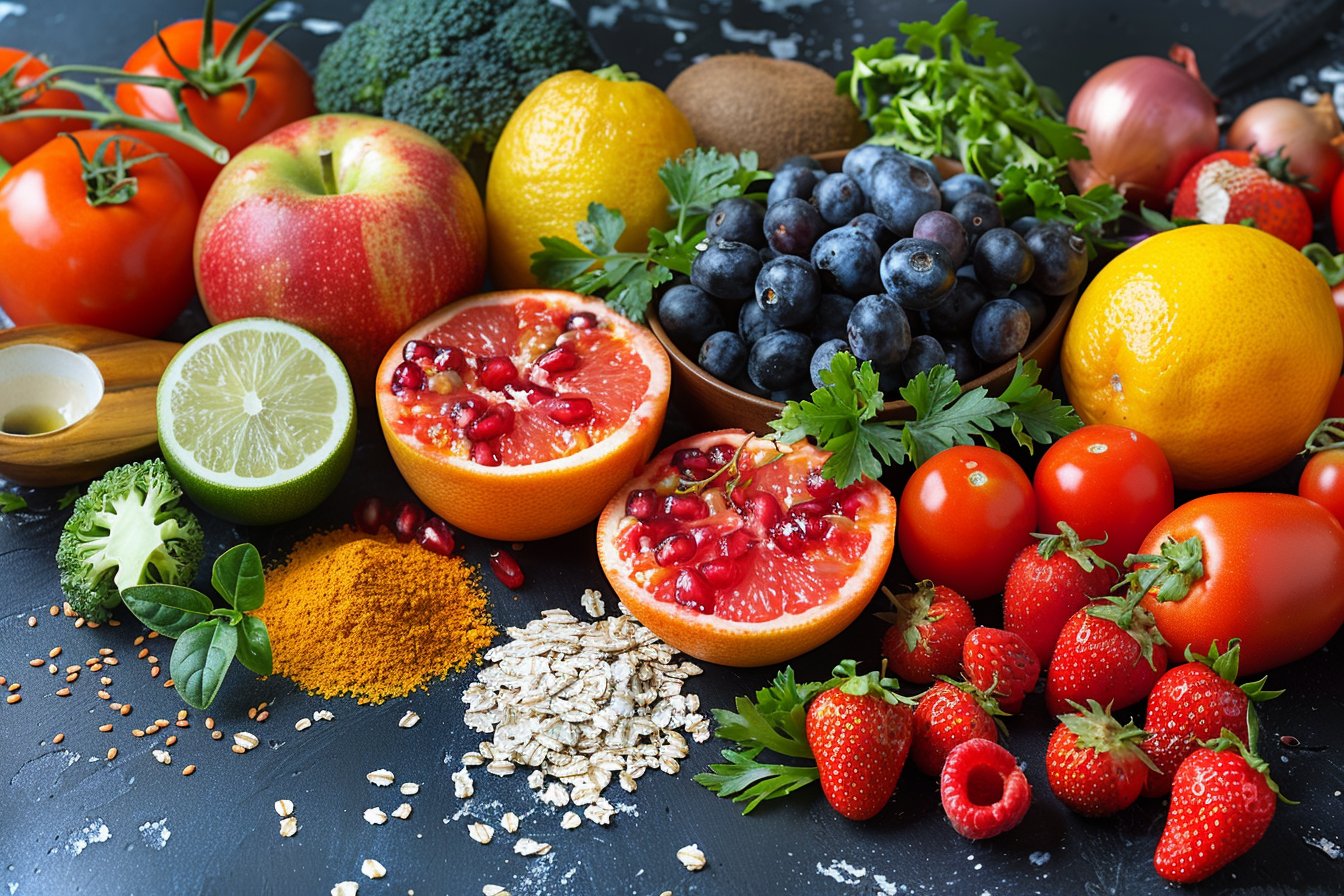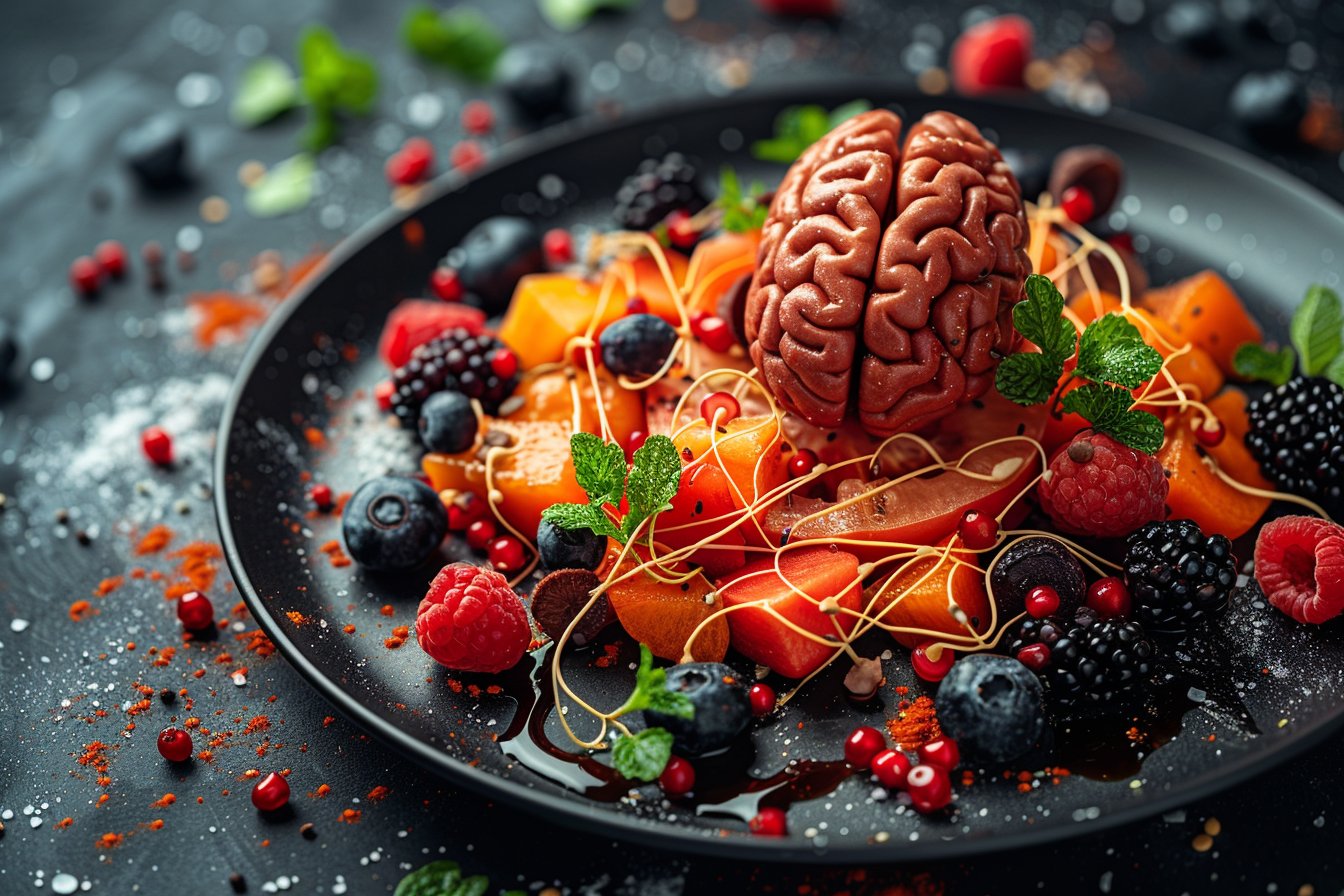In today’s fast-paced world, we often overlook the true value of food and its impact on our overall well-being. An exploration of why food holds great importance to us extends beyond merely satisfying hunger; it encompasses various aspects ranging from providing essential nutrients for bodily functions, to the broader cultural and social context surrounding how, when, and what we eat. This article sheds light on different dimensions and implications of food in our lives, emphasizing the vital role it plays in shaping our identity and connection with others.
Nourishment and Energy Supply
Food is a primary source of energy for our body, powering every activity we perform daily. Without adequate intake, our potential to function optimally diminishes as fatigue sets in, affecting both physical performance and mental clarity. Every meal we consume essentially fuels various metabolic processes, assisting in the synthesis of compounds required for cellular regeneration and tissue repair.
Macronutrients and their Roles
The three main macronutrients – carbohydrates, protein, and fats – are essential components of a balanced diet. These substances contribute not only to satiety but also provide the necessary building blocks for our bodies to maintain internal equilibrium.
- Carbohydrates: Found predominantly in grains, fruits, and vegetables, they serve as a quick fuel source that helps power muscles and brain function. Complex carbohydrates, such as whole grains and legumes, offer fiber, contributing to digestive health and reduced risk of chronic conditions like heart disease.
- Protein: As the primary building material for tissues, organs, and muscles, proteins supply amino acids needed for growth, development, and recovery. Meat, poultry, fish, and seafood are common sources; however, plant-based alternatives like soy or nuts can also be incorporated in a balanced diet.
- Fats: Essential for hormone production and absorption of fat-soluble vitamins (A, D, E, and K), fats encompass various types such as saturated, unsaturated, and trans-fats. Prioritizing healthier options like avocados, olive oil, and nuts can aid in heart health and long-term disease prevention.
Micronutrients: Small but Mighty
Besides macronutrients, micronutrients – vitamins and minerals – hold equal importance, despite only being needed in small quantities. Micronutrients are responsible for essential functions such as immune system support, blood cell production, and tissue repair. Deficiencies may result in compromised immunity against infections or illnesses, impeding overall well-being.
The Importance of Hydration
Sufficient water intake helps maintain bodily functions that rely on fluid balance, such as temperature regulation and toxin removal through urination. Drinking adequate amounts throughout the day leads to improved digestion, metabolism, and better nutrient absorption, further emphasizing the tie between food and hydration.
Diet and Health: The Long-Term Connection
A balanced diet that incorporates an array of nutrients maintains optimal body functioning while reducing the likelihood of chronic conditions. Adopting dietary habits aligned with our individual needs plays a crucial part in disease prevention and longevity. For instance, excessive sugar consumption increases the risk of obesity and Type 2 diabetes, whereas insufficient nutrient intake results in vitamin deficiency-related issues and weakened immunity. In this vein, understanding personal dietary requirements enables us to make choices that promote sustained well-being, improving our overall quality of life.
The Social and Cultural Dimensions of Food
Food transcends its role as a biological necessity by serving as a potent medium of human expression and interaction. In various societies throughout history, preparing and sharing meals has cemented group identity and fostered bonding among members.
Culinary Traditions: Identity and Belonging
Distinct flavors, ingredients, and preparation methods characterize each culture’s unique culinary landscape. Through traditional food practices passed down generations, individuals embrace a collective sense of identity and belonging. The dishes we prepare, enjoy, or share with others echo our connection to cultural roots and ancestry.
Gatherings and Celebrations: Unity through Food
Across different cultures, food assumes a central role in commemorating occasions and gatherings – be it weddings, funerals, or religious events. Sharing meals during these moments helps fortify social ties and emotional support systems. Bringing people together over food allows us to experience the joy of connecting and celebrating life.
Food as a Language: Expressing Care and Love
In numerous contexts, cooking for or sharing meals with loved ones signifies an act of care and affection. Elements like time spent in preparation or selecting specific ingredients convey dedication and thoughtfulness, forging lasting goodwill among connections. Such gestures transform everyday dining experiences into cherished memories and deepened relationships.






